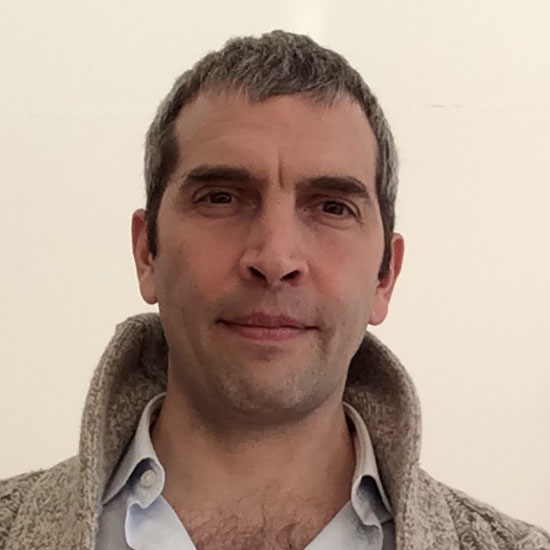Ben Davis got his B.A. (1993) and D.Phil. (1996) from the University of Oxford. During this time he learnt the beauty of carbohydrate science under the supervision of Professor George Fleet. He then spent 2 years as a postdoctoral fellow in the laboratory of Professor Bryan Jones at the University of Toronto, exploring protein chemistry and biocatalysis.
In 1998 he returned to the U.K. to take up a lectureship at the University of Durham. In the autumn of 2001 he moved to the Dyson Perrins Laboratory, University of Oxford and received a fellowship at Pembroke College, Oxford. He was promoted to Full Professor in 2005.
His group's research centres on the chemical understanding and exploitation of biomolecular function (Synthetic Biology, Chemical Biology and Chemical Medicine), with an emphasis on carbohydrates and proteins. In particular, the group's interests encompass synthesis and methodology; target biomolecule synthesis; inhibitor/probe/substrate design; biocatalysis; enzyme & biomolecule mechanism; biosynthetic pathway determination; protein engineering; drug delivery; molecular biology; structural biology; cell biology; glycobiology; molecular imaging and in vivo biology.
Professional position
- Pembroke College, University of Oxford
Subject groups
-
Astronomy and Physics
Biophysics
-
Chemistry
Chemistry, applied, Chemistry, biological, Chemistry, general, Chemistry, inorganic, Chemistry, materials, Chemistry, organic, Chemistry, physical, Chemistry, theoretical
-
Molecules of Life
Biochemistry and molecular biology, Biophysics and structural biology, Cell biology (incl molecular cell biology), Molecular immunology, Molecular microbiology
-
Multicellular Organisms
Pharmacology (non-clinical), Physiology incl biophysics of cells (non-clinical)
-
Health and Human Sciences
Molecular medicine
Awards
-
Royal Society Mullard Award
For his pioneering research into the structure of carbohydrates.
-
Davy Medal
For inventing powerful chemical methods that directly manipulate complex biological molecules, enabling elucidation and control of biological function and mechanism in vitro and in vivo, beyond the limits of genetics.

